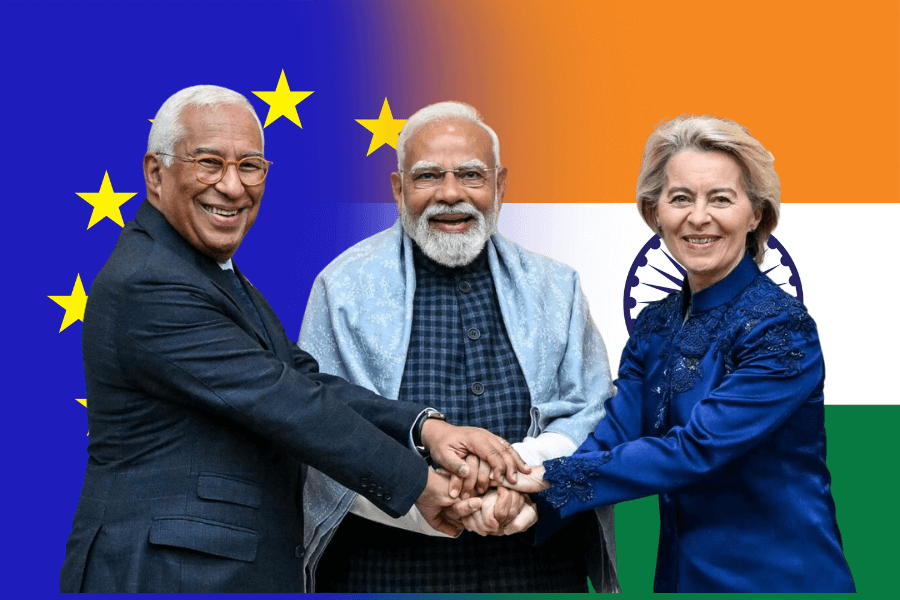
The humanitarian crisis in Gaza has reached a critical point, with calls for immediate action to address widespread starvation. According to various accounts, children are reportedly dying from hunger while adults struggle to obtain basic necessities. This situation has sparked urgent demands for intervention from leaders around the globe.
Humanitarian Crisis Intensifies
In recent reports, images and stories emerging from Gaza have highlighted the dire conditions faced by its residents. The combination of military actions and a strict blockade has left many without access to food, medicine, and clean water. Karen Morris, a concerned citizen from Newport, has voiced her frustration, stating, “It is unforgivable that we continue to stand by and do virtually nothing.” Morris’s plea underscores the growing sentiment that international leaders must take a stand against the ongoing violence and starvation.
Critics point fingers at Israeli Prime Minister Benjamin Netanyahu, demanding that he be held accountable for the humanitarian crisis. They argue that if sanctions are the only means of influence available, they should be implemented by leaders like Anthony Albanese. The call for sanctions comes amid reports of daily casualties, which some believe will only foster generational hatred and conflict.
Debate Over Responsibility
The discourse around the crisis often shifts towards the role of Hamas, with some asserting that the organization is to blame for the suffering in Gaza. However, others argue that the real issue lies in the actions of Israel. Nadia Green from Sunshine North contends that Israel’s military superiority and control over Gaza’s borders effectively render it responsible for the humanitarian disaster. “Pointing the finger at Hamas while babies die of hunger under siege is not just misdirection – it is moral cowardice,” she states.
Additionally, Anastasios Moralis from Ormond emphasizes that the blockade enforced by Israel is the root cause of starvation. He insists that the blockade can be lifted immediately, allowing essential supplies to reach those in need, regardless of the political situation. “Food, medicine, water, and fuel can be let into Gaza today,” Moralis argues, highlighting that Israel’s control directly impacts the flow of humanitarian aid.
Calls for Global Action
International responses to the situation vary, with some countries advocating for recognition of Palestine as a state in order to pressure Israel into compliance. Elizabeth Sime from Fitzroy North points out that Australia should align itself with nations like France that support this recognition, viewing it as a necessary step toward peace.
As the crisis continues, many argue that the current policies are not merely collateral damage from conflict but are part of a deliberate strategy. Lila Malagi from Flinders asserts that the starvation in Gaza is a direct result of Israeli policy, stating, “No government should be allowed to starve civilians into submission – no matter who they’re fighting.” This perspective challenges narratives that frame the situation as a simple conflict between two parties.
The ongoing humanitarian disaster in Gaza demands urgent international attention and action. With voices from around the world calling for change, there is hope that leaders may soon recognize the need for substantial measures to alleviate the suffering of innocent civilians caught in the crossfire.







